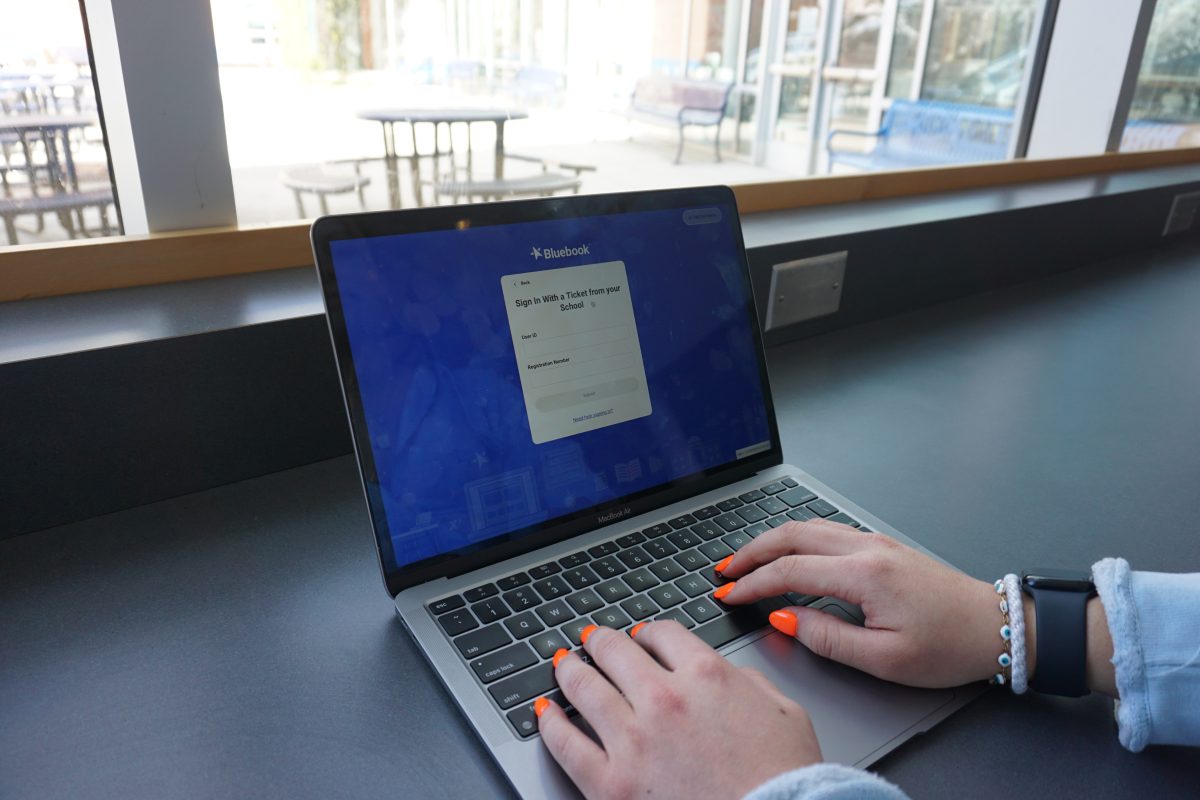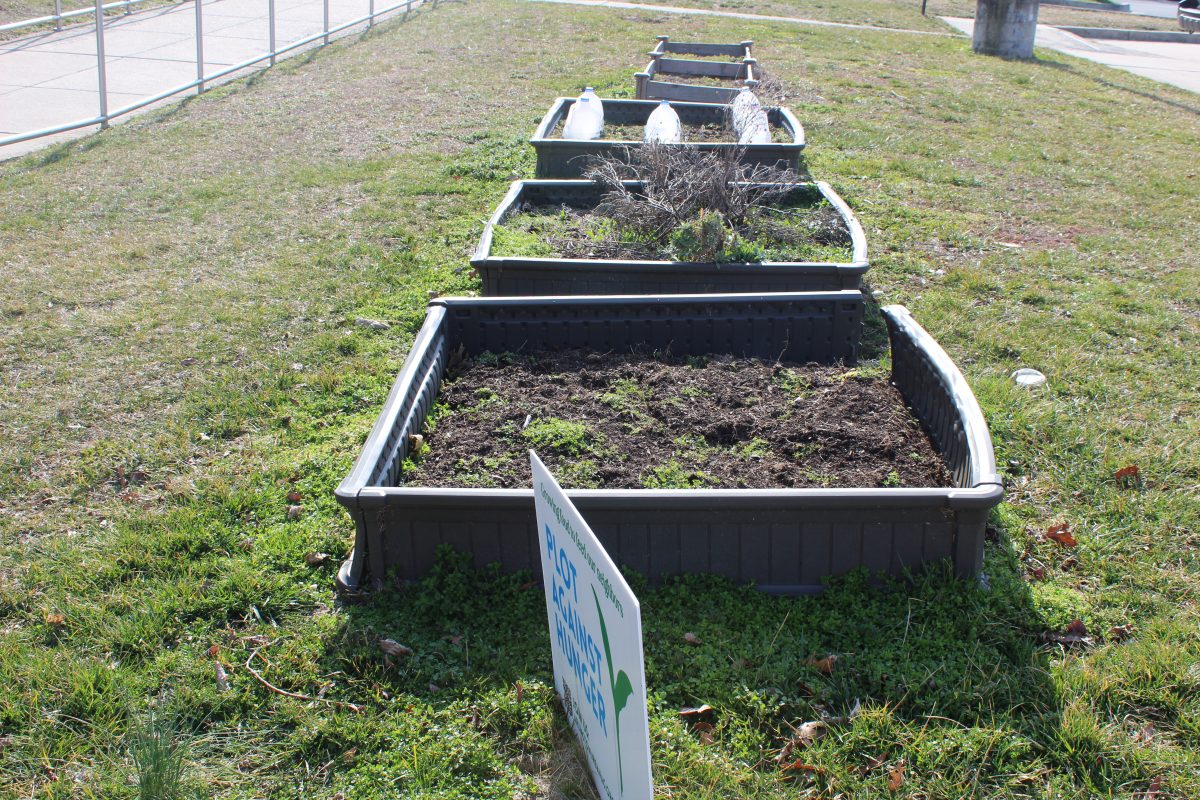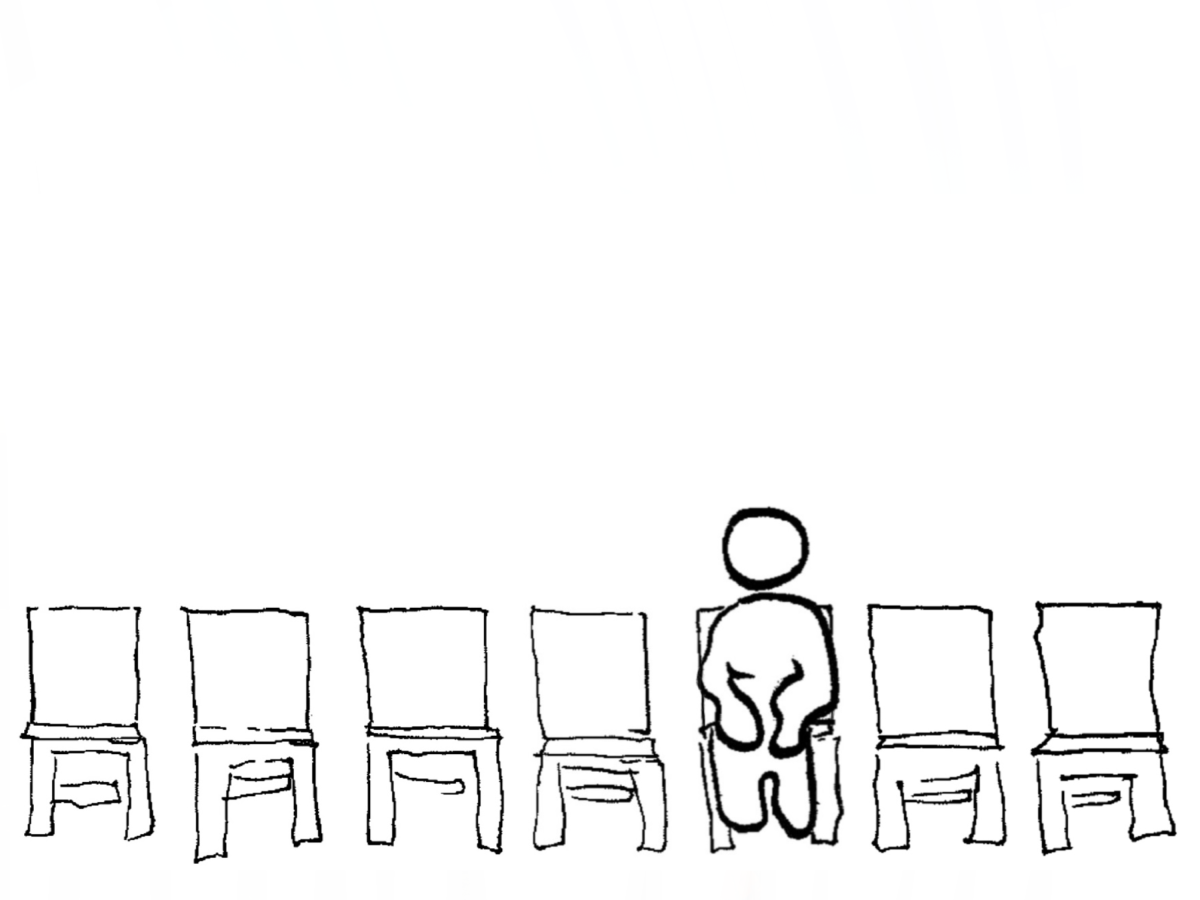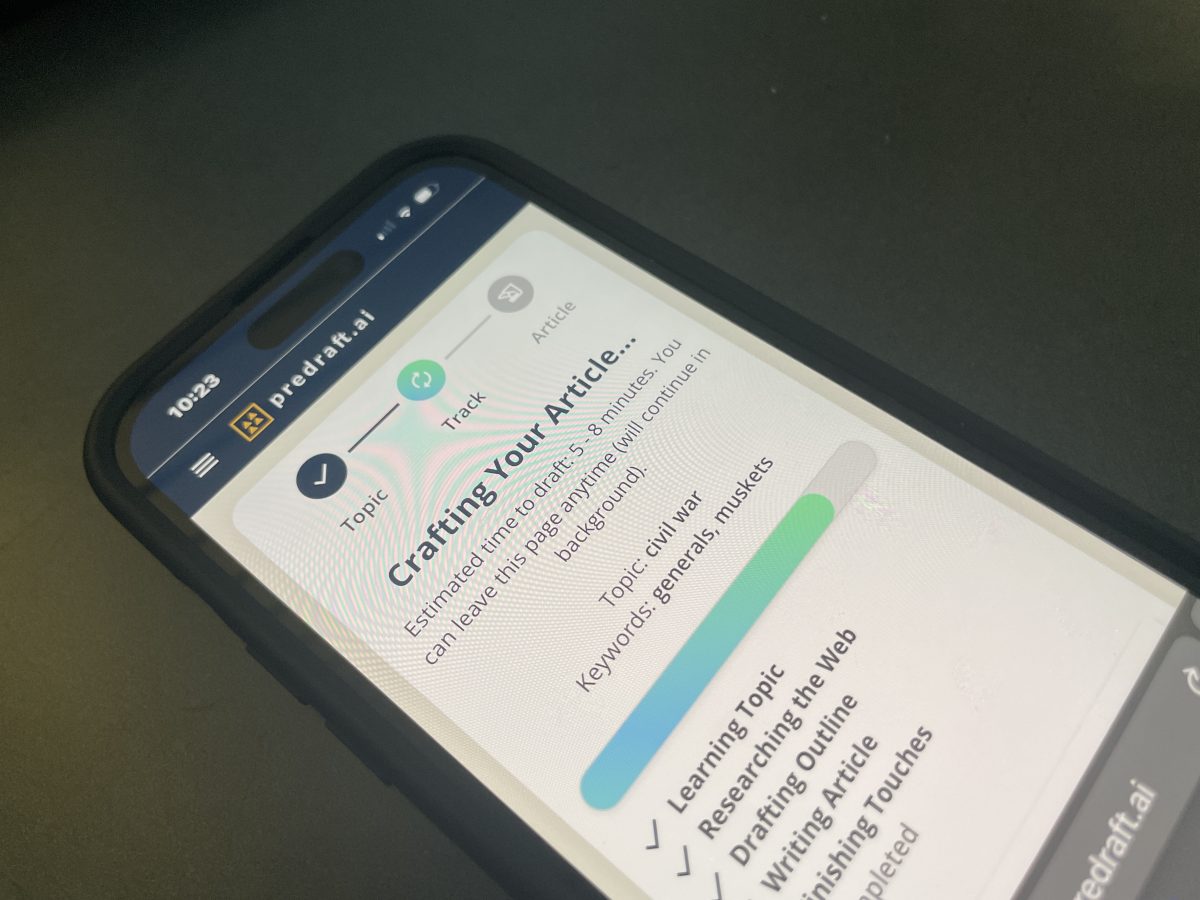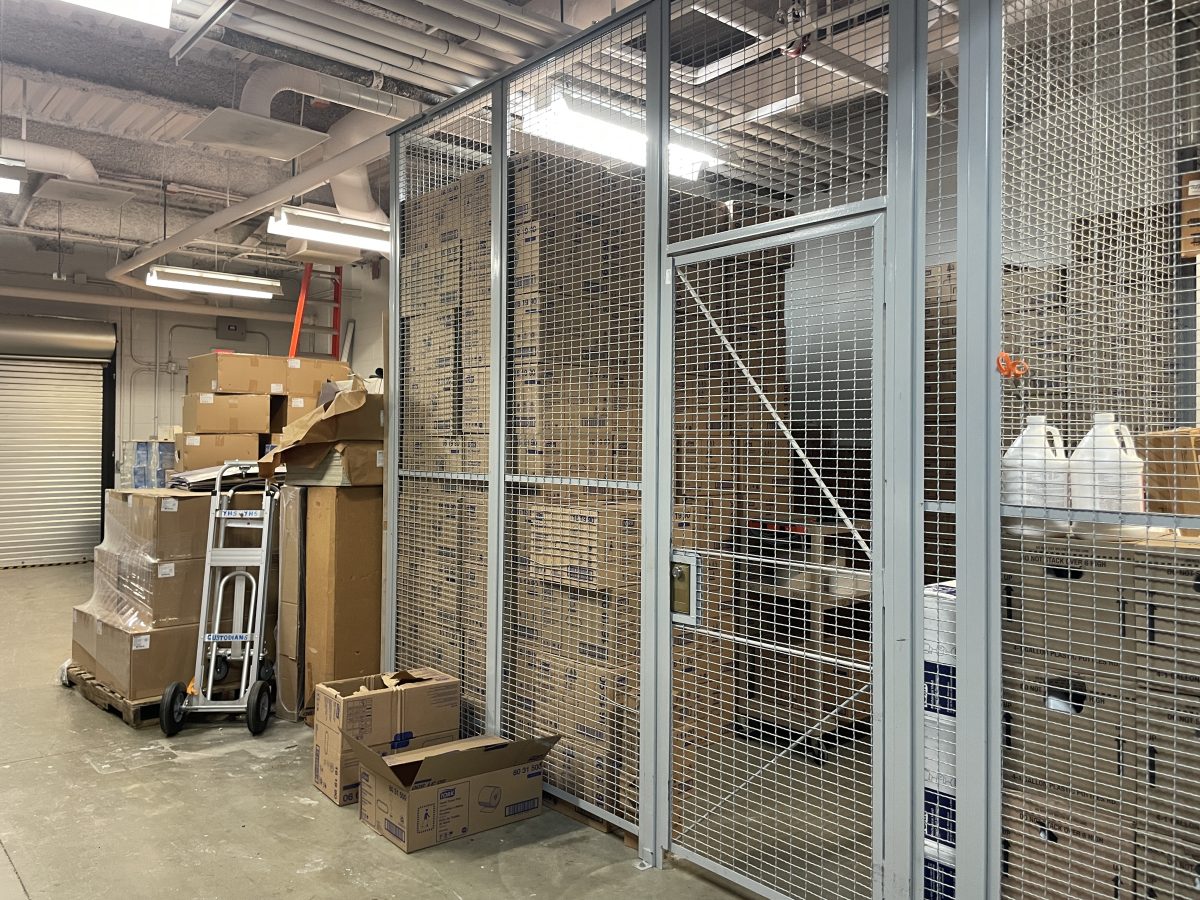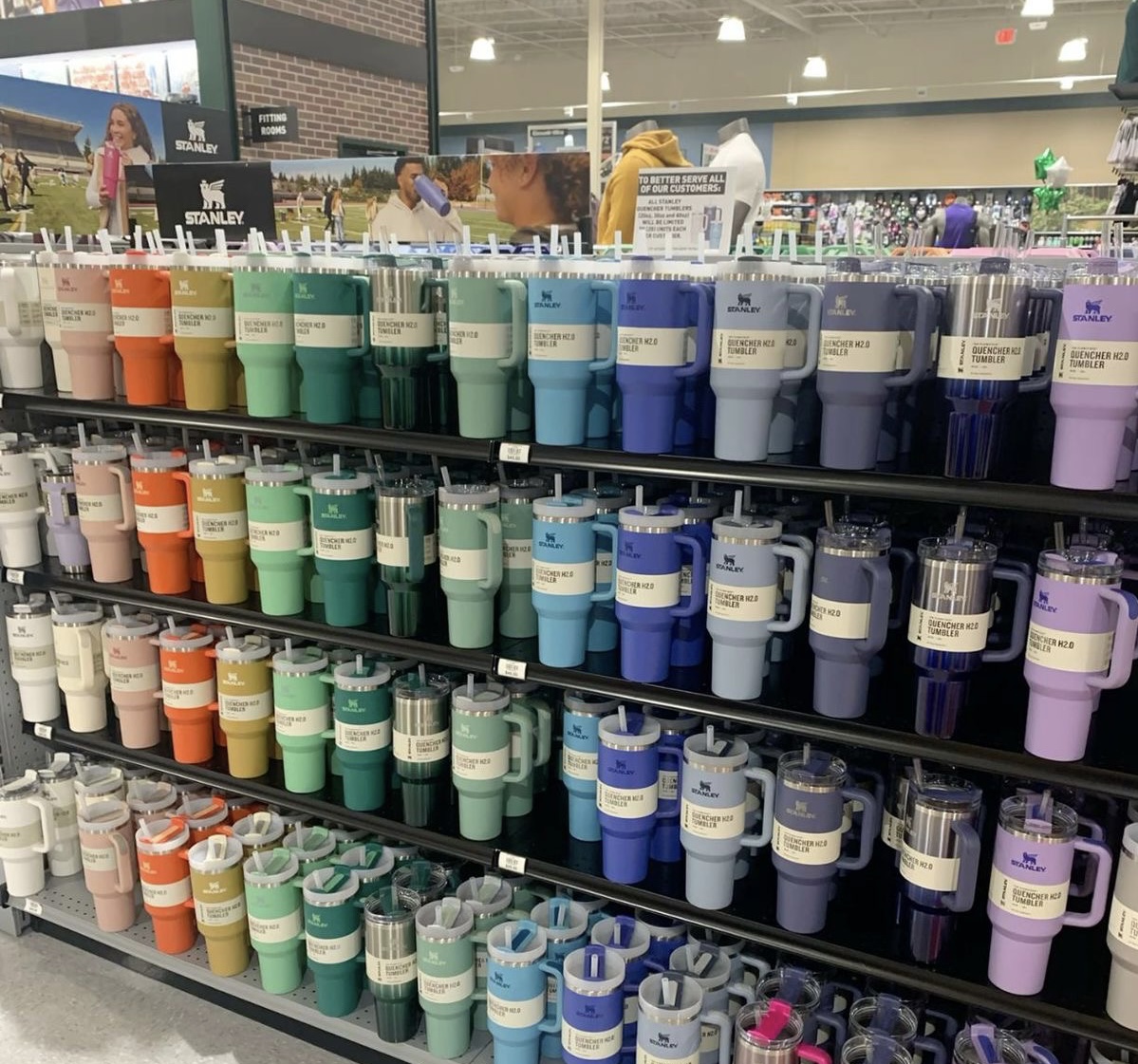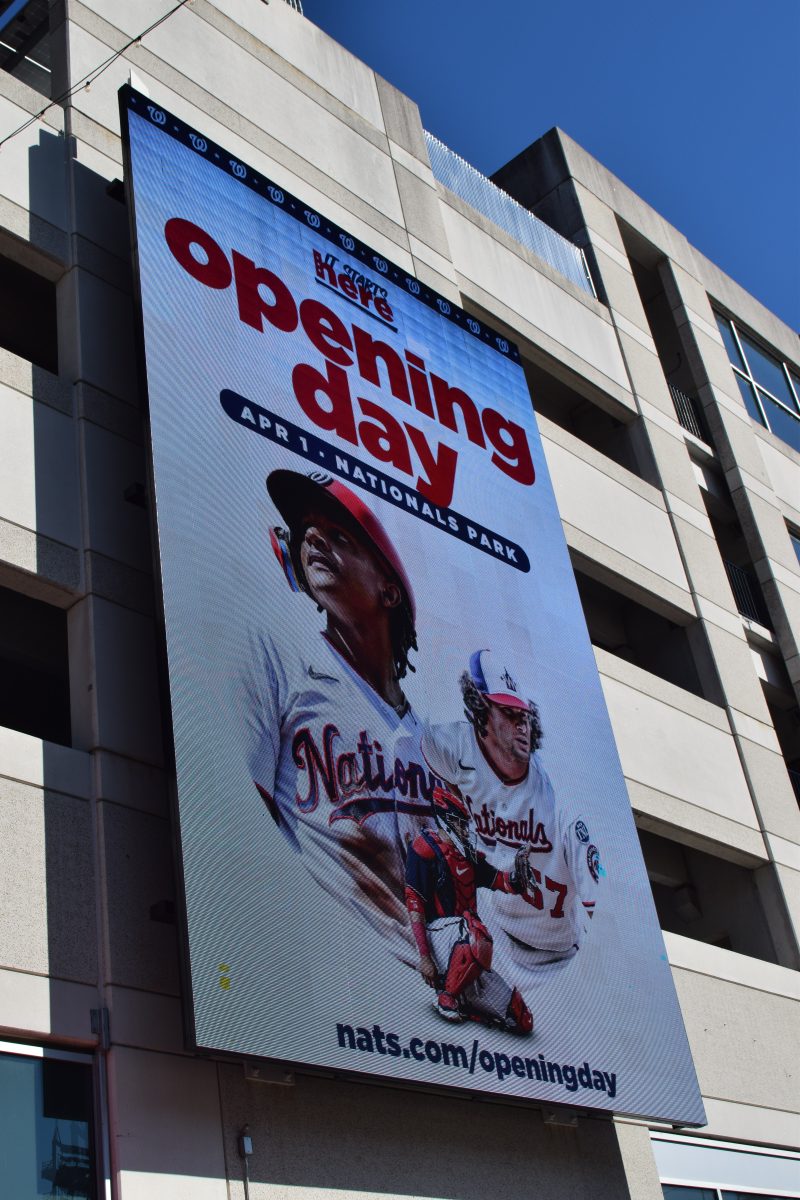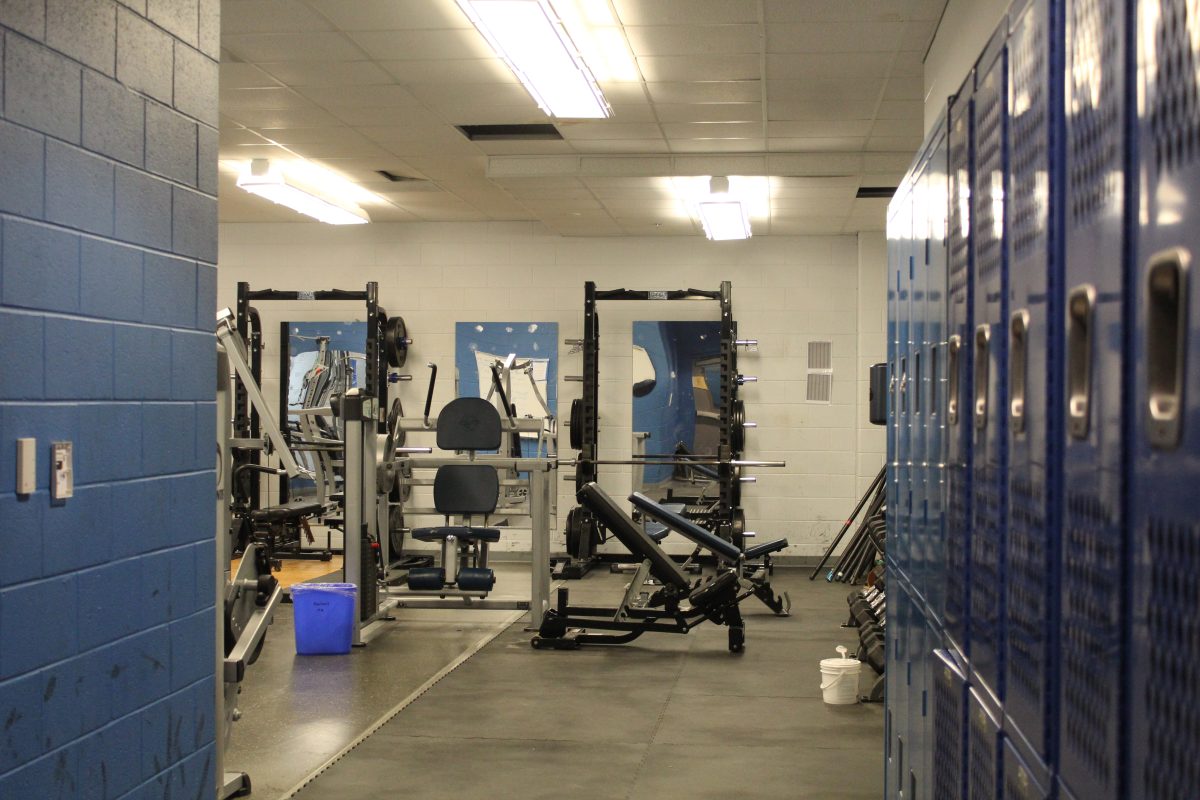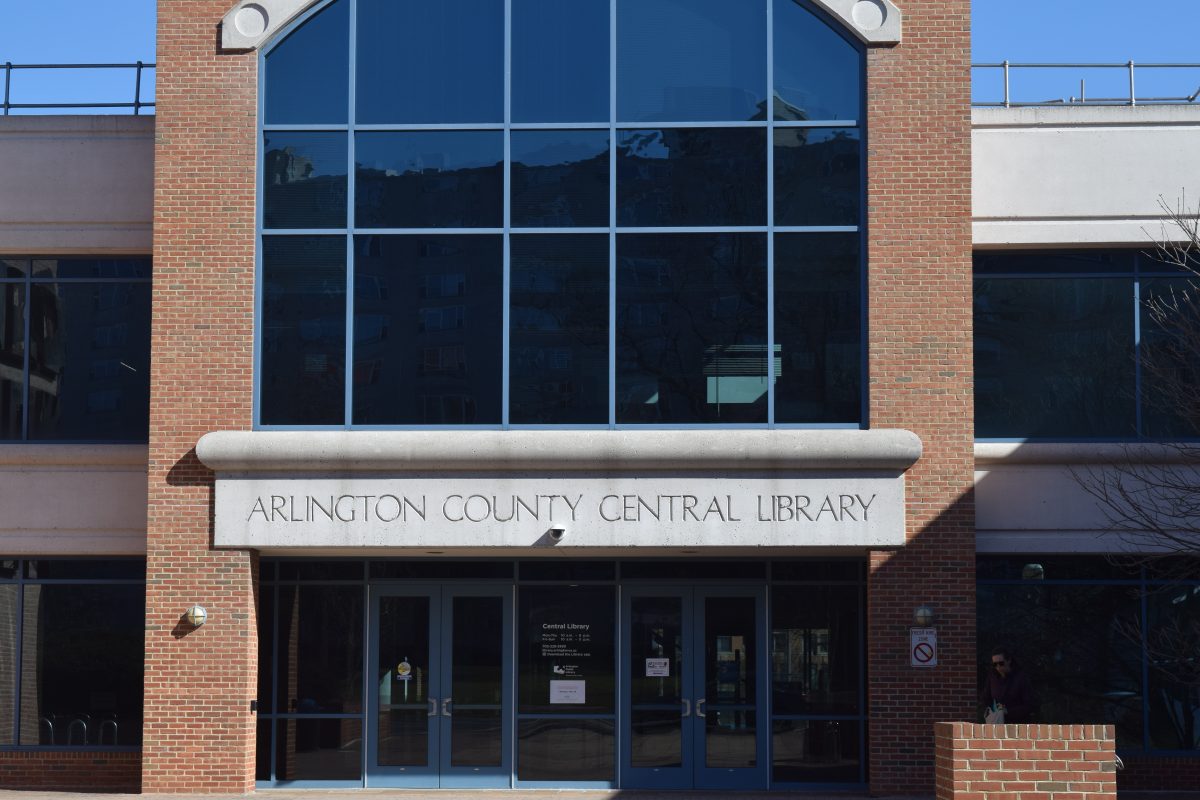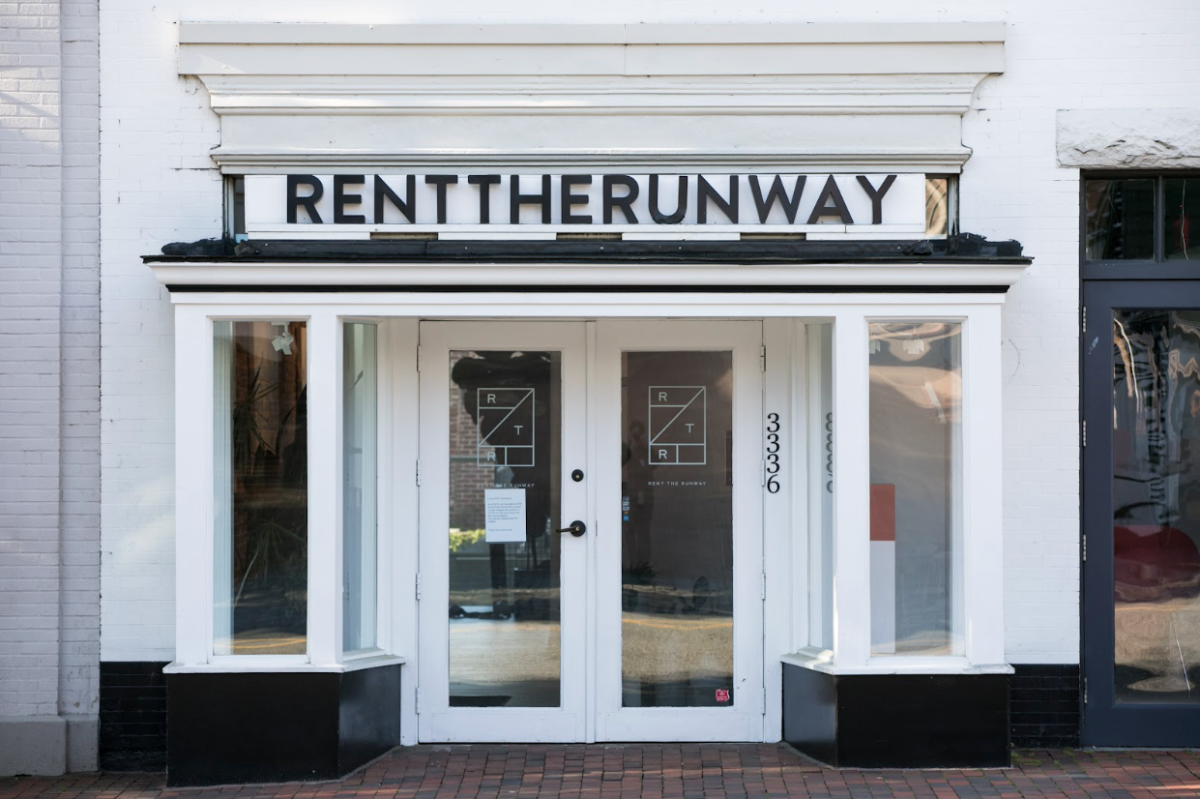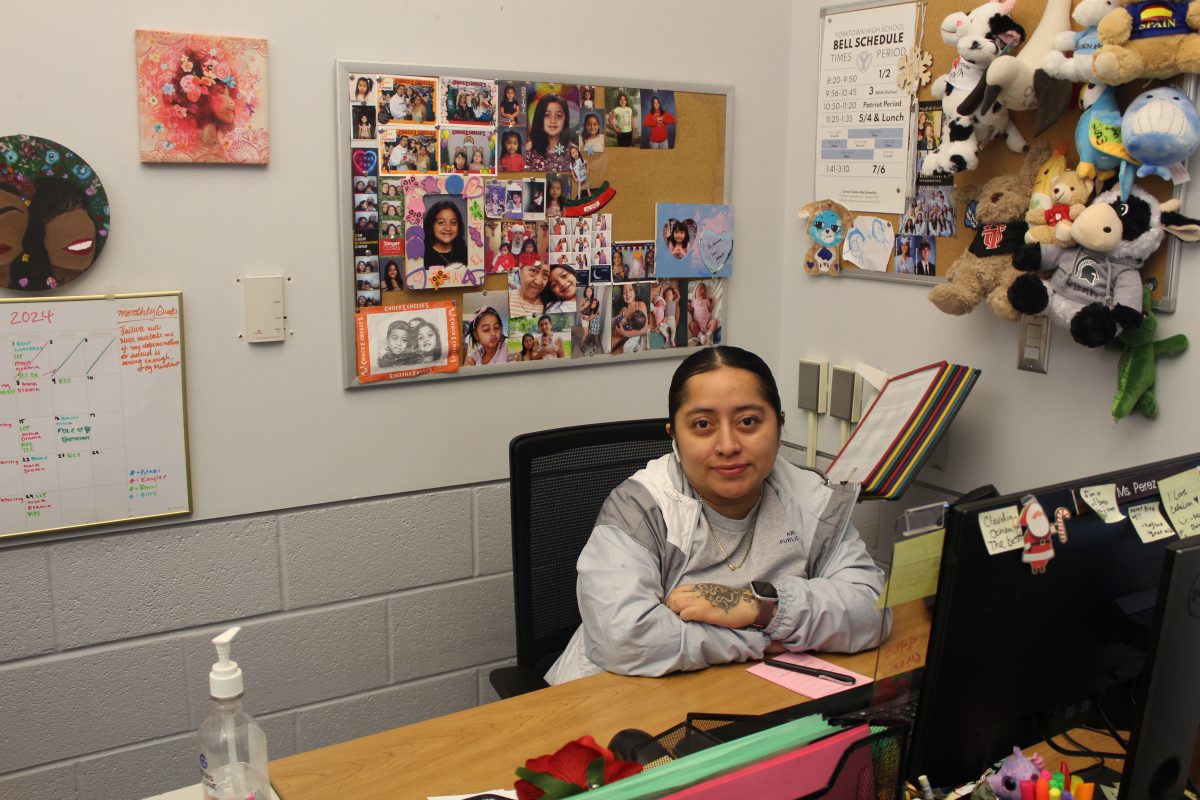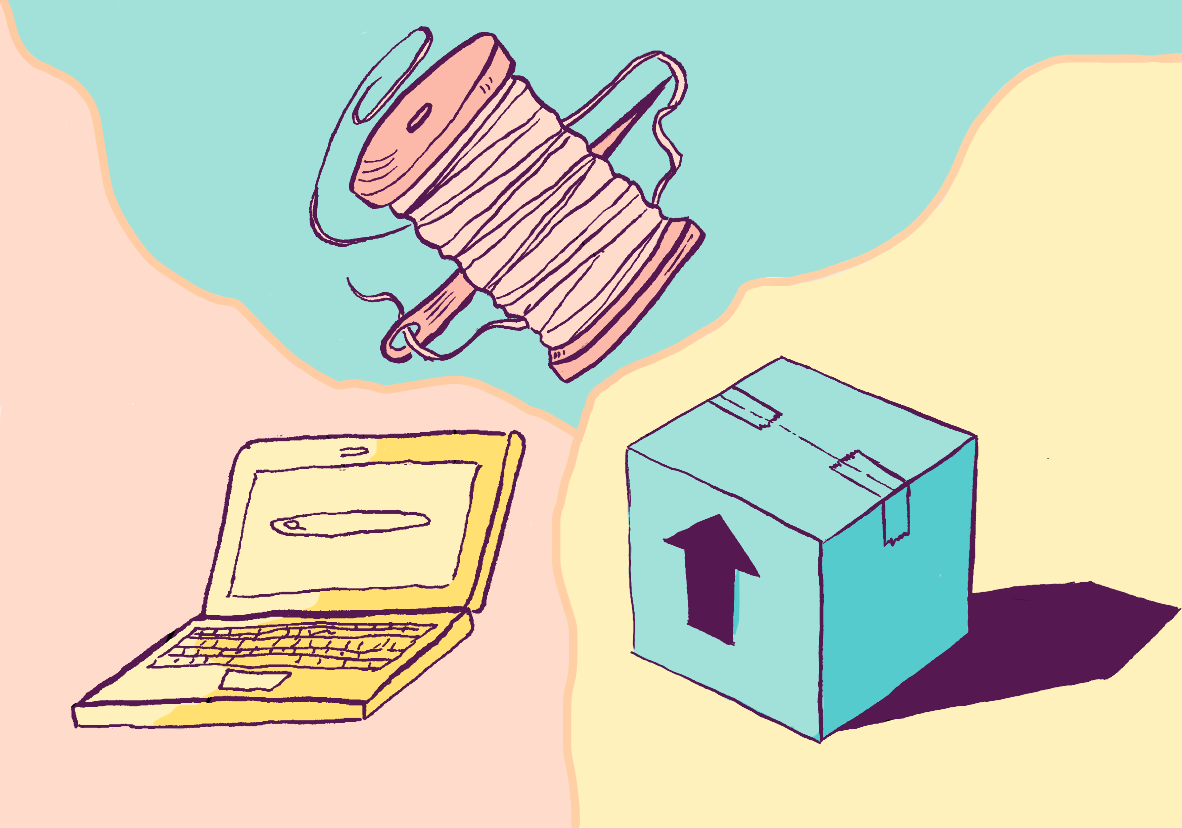By Chris Kent
Sentry Staff Reporter
On November 6, 2012, voters in Colorado and Washington state had an easy choice to make: who should be the next president – Mitt Romney or Barack Obama? However, the next choice was much harder: should cannabis (marijuana) be legalized for recreational use by those over the age of 21? Washington and Colorado both voted yes, with a third state, Oregon, voting no.
The subject of legalizing cannabis, has been on the minds of the people since the War on Drugs was started in the 1970’s by President Richard Nixon. However, the prohibition of cannabis has been around since the 1930’s. During this era, the government started producing movies, such as Reefer Madness, which were similar to films we see today in our health classes. The term “marijuana” was actually brought into use during the 1930’s to stigmatize cannabis with a foreign-sounding name. Before this period of time, cannabis, or hemp, was legal and used freely by the population. Cannabis has in fact been legal longer than it has been illegal, and has been used for thousands of years. Usages ranged from religious ceremonies and healing applications, due to its vast medicinal properties, to building materials. Recently, scientists in China found a tomb containing a 2,700 year-old mummified shaman (a priest). This shaman, while not he oldest mummified shaman to be found, did have the oldest form of cannabis found on his body. When Christopher Columbus was crossing the ocean blue in 1492, it was common practice to use hemp rope on ships. Since the early 20th century, however, cannabis has been illegal and people who possess it have been prosecuted by the government.
Recently, a growing majority have started to fight the prohibition of cannabis. While their opinion does not represent the entire population, there has been a crescendo of support for changes to cannabis law. Enough so, that in Washington and Colorado, cannabis was legalized for recreational use. Many other states have not gone as far as Washington and Colorado, with most states opting for medicinal cannabis or decriminalization. Although the proposed ballot amendment in Oregon, to legalize recreational use, did not pass, the state has had legal medicinal cannabis since 1999. Only 16 other states and Washington, D.C. have legalized medicinal cannabis, and in most states it remains illegal to possess cannabis.
“What we have seen in Washington State and Colorado were ballot initiatives voted on by the people, and it says a lot to see a majority, a small majority, of two different states vote in favor of legalization. So I think the tide is turning,” said Social Studies teacher Jennifer Shearin.
In Virginia, being caught with cannabis (less than .5 oz.), for the first time, is a class-one misdemeanor, meaning the maximum prison sentence is 30 days and the maximum fine is $500.
School resource officer, Corporal James Tuomey voiced his opinion on cannabis legalization.
“Right now, unfortunately, Virginia hasn’t gone that route [legalization], so I have to follow the rules of the law. I think it’s a good law. I think there’s some issues with marijuana that we still haven’t quite figured out – what it does with young, developing brains and bodies. So I think it’s a good law currently. I don’t know if it needs to be as stiff as a class-one misdemeanor, but I think the current trend the state has gone into, which is diversion programs is a pretty good spot.”
A constant argument for the legalization of cannabis, whether medicinal or recreational, are the economic gains from taxation. Not to mention the amount of money spent on the War on Drugs would be reduced, and prisons would not be as full as they are today. According to the Drug Policy Alliance, the overall arrest rate for cannabis law violations in 2011 was 757,969 in the entire country, and of those arrests 663,032 of them were for possession only. That is 663,032 people arrested and prosecuted for the possession of cannabis, usually a non-violent crime.
CNN news anchor, Fareed Zakaria, gave this startling statistic in his report “Incarceration Nation.”
“In 2011, California spent $9.6 billion on prisons, versus $5.7 billion on higher education…. The state spends $8,667 per student per year. It spends about $50,000 per inmate per year.”
While the numbers in California, do not necessarily represent the amount of money currently spent in Virginia; it is still staggering to see that amount of money diverted away from education. This opinion is reflected by many students, including senior Megan Farbman.
“Our jails are filled with people who get in trouble because of pot [cannabis], and that is just a waste of our money,” said Farbman. “They’re overcrowded. Kids’ lives are being ruined because they are getting caught with this and it’s ridiculous.”
The American people have paid about $51 billion in taxes, funding the US government’s War on Drugs. In Washington and Colorado, people will soon be paying taxes through the production and distribution of cannabis. Taxation of cannabis has been a constant argument for legalization, and it is generally agreed upon, by the pro-cannabis party, that taxation would be welcomed and would greatly benefit the government.
Senior Jason Henley agrees with taxation of cannabis.
“From what I’ve heard, the reason marijuana [cannabis] is so expensive to get is because of smuggling fees and how illegal it is, so I’m sure if it was grown in the US and regulated by the government, they could probably be able to tax up to street price and make a pretty good profit.”
Not everyone agrees with the legalization of cannabis. however. Ceramics teacher Jeff Pabotoy argues against legalization.
“My current reason is that I have an outlet in my life that gives me a natural high,” said Pabotoy. “For example, rugby. It gets my adrenaline running and it’s natural. It comes from within and releases natural chemicals in my body without outside help physically. That’s the best way, I think, how people should get their ‘high.’ Through endorphins, adrenaline. However, getting it from an unnatural source, I think, impairs your body to an extent that weed [Cannabis] does not allow it to function in its natural habitat.”
Another problem with cannabis legalization is what the legal age should be. Principal Dr. Raymond Pasi voiced his opinion on this.
“I don’t have any objection to the medicinal use of marijuana when physicians feel, for whatever reason, it would be helpful,” said Pasi. “I have strong objections to any legalization of marijuana or any other illegal substance, if it makes access easier for younger people, whose brains and personalities are still being developed, and if it makes it easier for them to have it, to use it, I’d be against that.”
Dr. Pasi brings up a valid question, which is what the legal age for cannabis use should be if it were legalized. In Colorado and Washington, they set that age limit at 21 years old. In Oregon, the proposed ballot initiative set the legal age at 18, and this may have been part of the reason of why it did not pass. The age limit is something that is still hotly debated. One anonymous source believes that 30 years of age would have to be the limit. Junior Ryan Hindman, however, believes if cannabis were to be legalized, the legal age should be 18.
“That is technically a legal adult,” said Hindman. “You can make your own decisions.”
Walking around school, one can find that cannabis legalization is a hot topic that can spark varying opinions from the population.
“Cannabis should be legalized because it is not dangerous, it is not addictive and it is not harmful, as we are led to believe as Americans. Putting an age restriction, like Colorado is doing right now with their legalization process, and putting certain limits on production and distribution, similar to how alcohol is produced and distributed, like cigarettes, would be way more beneficial than it is harmful. And prohibition and criminalization of marijuana possession is a financial drain on our economy,” said junior Olivia Stavrou.
Although the legalization of cannabis is not a trending topic, many students do have an opinion, but many more were afraid to voice their opinion due to repercussions from an interview. The largest problem with cannabis legalization, is in fact being able to talk about legalization. While there are more important issues currently going on in the world, cannabis is something that has been thrown under the rug for many years. Whether or not you support legalization, you should at least discuss, argue, criticize or talk about your opinions freely amongst your peers, and have your voice be heard.


